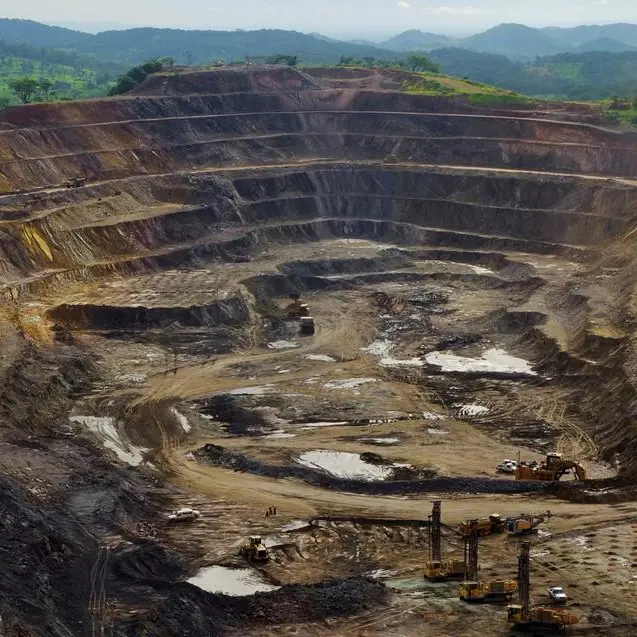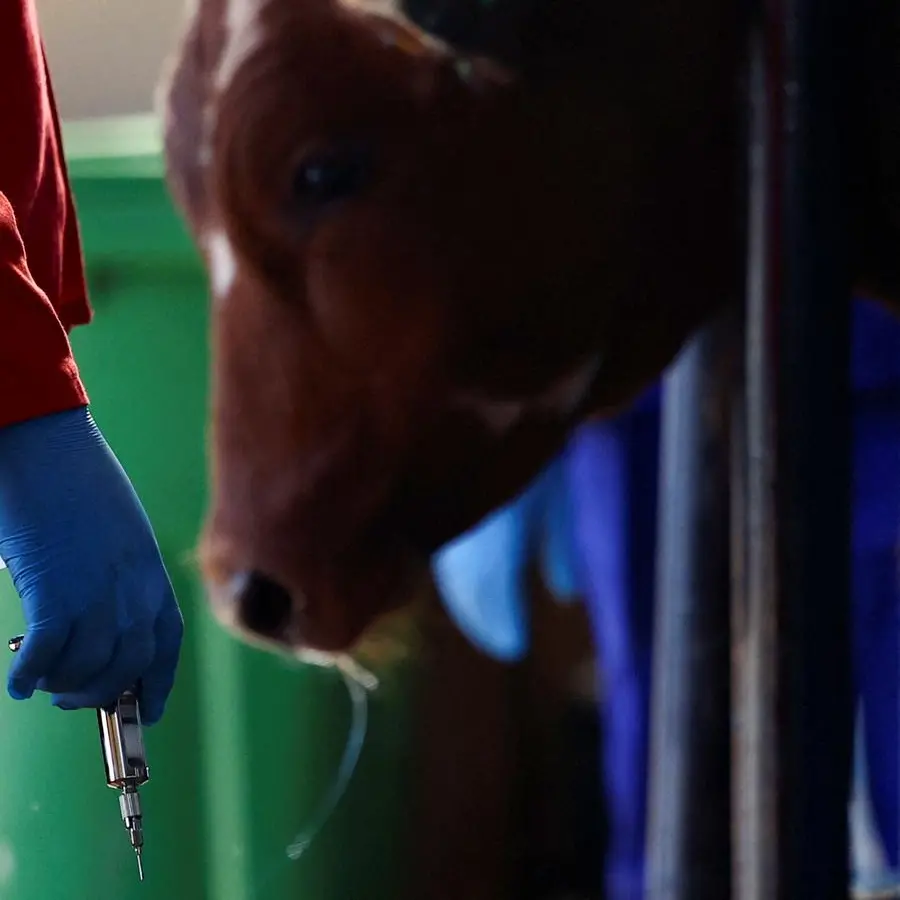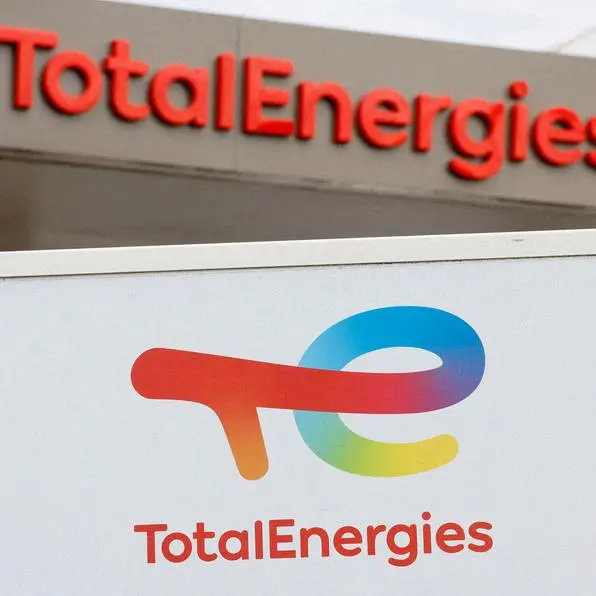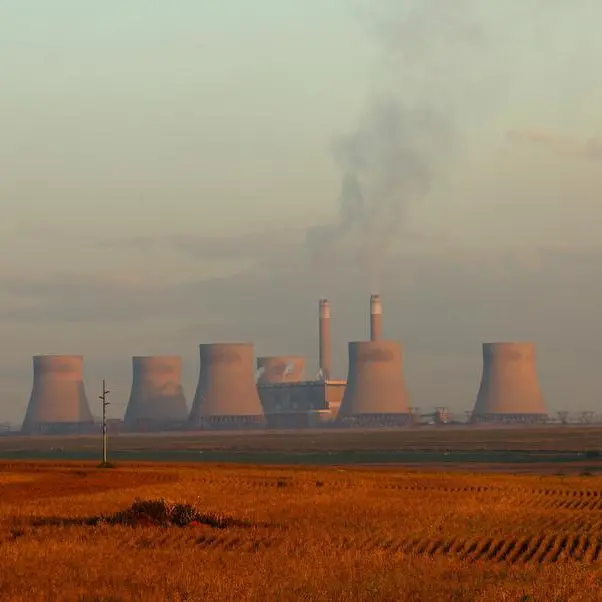PHOTO
A fuel tanker explosion in northern Nigeria has killed almost 100 people and left 50 injured, police said on Wednesday.
Many of the victims had been trying to collect fuel spilt on the road after the tanker crashed in northern Jigawa state late on Tuesday, police spokesman Lawan Shiisu Adam told AFP.
The tanker had veered to avoid colliding with a truck in the town of Majia, he said.
"We have so far confirmed 94 people dead and around 50 injured," he said, warning the death toll could rise.
Following the crash, residents crowded around the vehicle, collecting fuel that had spilt on the road and in drains, Adam said.
He said the residents had "overwhelmed" officers trying to stop them.
The Nigerian Medical Association has urged doctors to rush to nearby emergency rooms to help with the influx of patients.
Fuel tanker explosions are common in Africa's most populous nation, where roads can be poorly maintained and residents often look to siphon off fuel following accidents.
Fuel has become an even more precious commodity as Nigeria suffers its worst economic crisis in a generation.
The price of petrol has soared fivefold since President Bola Ahmed Tinubu scrapped subsidies last year, and there are often shortages.
Desperation rose further last week after the state oil company hiked prices for the second time in just over a month.
- Dangerous roads -
Accidents involving tankers are frequent in the country, with the Federal Road Safety Commission (FRSC) recording 1,531 in 2020, causing 535 deaths.
Last month, at least 59 people died when a fuel tanker collided with a truck carrying passengers and cattle in northwestern Niger state.
The FRSC said more than 5,000 people died in road accidents in Nigeria in 2023, compared to nearly 6,500 the previous year.
But according to the World Health Organization, the figures do not include accidents that are not reported to the authorities.
It estimates annual road accident deaths in Nigeria to be closer to 40,000, it said in a report published last year.
Deadly fires and explosions also take place across fuel and oil infrastructure in Nigeria, one of the continent's largest crude producers.





















